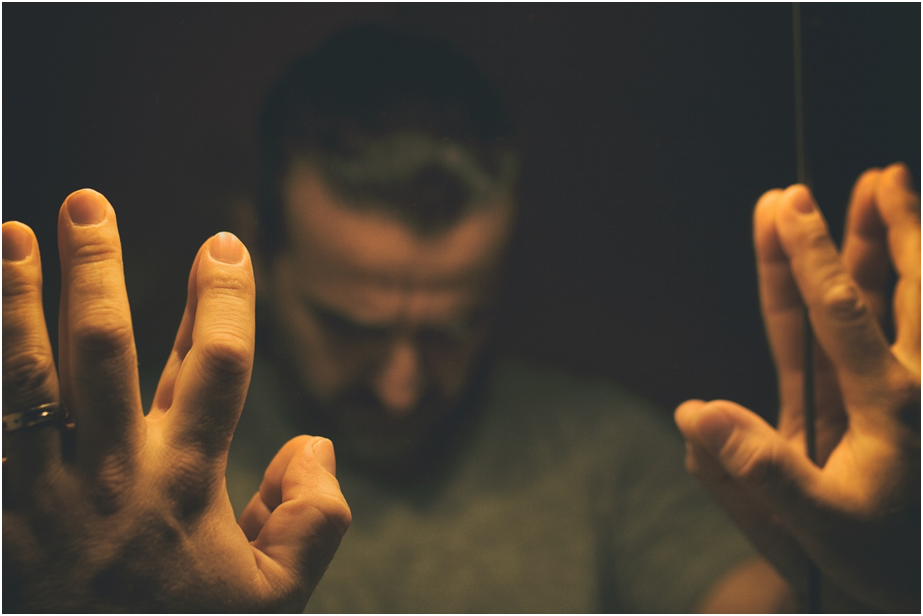Is Self-Awareness Crucial for Personal Development?
Have you ever stopped and taken the time to think about how well you truly know yourself? If you’re like most people, probably not. The hustle and bustle of life often distract us from self-reflection. However, self-awareness—a fundamental aspect of emotional intelligence—can powerfully impact your life, enhancing your personal and professional growth.
Discovering Self-Awareness: What Is It, Anyway?
Let’s define self-awareness. It is the conscious understanding of your character, emotions, desires, strengths, and weaknesses. It’s a mirror that reflects the intricate facets of your inner self. Understanding your thoughts and feelings as they happen and recognizing how they influence your behavior is the essence of self-awareness.
Consider a simple example. Suppose you’ve noticed that you often feel irritable after skipping lunch. That’s self-awareness! You’ve recognized a pattern in your behavior and the underlying factor contributing to it—hunger.
Why should you care about being self-aware? Simply because it’s the first step toward personal transformation. By understanding yourself better, you can make changes to enhance your happiness and well-being.
But how can you increase self-awareness? Are there steps you can follow?
Building Blocks of Self-Awareness: How Can You Become More Self-Aware?
Self-Reflection: Start by reflecting on your thoughts, feelings, and actions. A great way to do this is through journaling. You might think, why bother writing when you can just think about these things? Well, writing forces you to slow down and articulate your thoughts more clearly. It makes your self-reflection more tangible and real.
Feedback: Ask for feedback from people you trust. While it can sometimes be uncomfortable, getting an outside perspective on your actions and behavior can be extremely helpful. They might see things that you’ve overlooked or are blind to.
Mindfulness: Practice mindfulness and meditation. Being present in the moment helps you observe your thoughts and feelings without judgment. Being present in the moment can improve your self-awareness over time.
So, we’ve discussed what self-awareness is and how to cultivate it. But what concrete benefits can it offer you?
The Power of Self-Awareness: What Are Its Benefits?
Being self-aware can unlock numerous benefits, both personally and professionally.
Improved Relationships: If you understand your emotions, you can express them more effectively, leading to improved communication in your relationships. Recognizing your emotional triggers allows you to manage your reactions better, making conflicts less likely.
Better Decision-Making: Self-awareness gives you a clear understanding of your values, goals, and strengths, thereby informing your decision-making process. You’ll be able to make decisions that align with your true self, increasing your satisfaction and reducing regret.
Enhanced Leadership Skills: Effective leaders are often highly self-aware. They understand their strengths and limitations, enabling them to lead with empathy and authenticity. If you aspire to be a leader, improving your self-awareness is crucial.
As you can see, self-awareness can significantly enhance your life. But how can you ensure you’re on the right track? Are there signs that show you’re becoming more self-aware?
Recognizing Self-Awareness: What Are the Signs of Increasing Self-Awareness?
There are a few key signs that your self-awareness is increasing:
You Recognize Your Emotions: You can identify your feelings as they occur, understanding why they’re happening.
You Understand Your Strengths and Weaknesses: You have a clear picture of what you’re good at and where you need improvement.
You Align Your Actions with Your Values: You make decisions and act in ways that reflect your personal values and beliefs.
All these points should give you a comprehensive understanding of self-awareness, but you might wonder, can self-awareness go wrong? Is there a point where it’s detrimental?
The Paradox of Self-Awareness: Can It Be Harmful?
In the quest for self-awareness, balance is vital. An excessive focus on self-analysis could lead to self-absorption or self-criticism, which can be counterproductive. The goal of self-awareness isn’t to scrutinize every thought or action but to have a balanced, non-judgmental understanding of your inner self.
Being self-aware doesn’t mean you’re flawless; it means you’re conscious of your imperfections and willing to work on them.
Self-awareness is a journey, not a destination. It requires continuous effort, reflection, and openness to feedback. So, how will you start your journey toward greater self-awareness today?
Coming Full Circle – Embrace the Journey to Self-Awareness
Remember when we asked how well you honestly knew yourself at the start of our conversation? We’ve traveled a long way since then, diving deep into the heart of self-awareness. We’ve painted a vivid picture of self-awareness, making it tangible and relatable. We’ve explored its definition, importance, steps to cultivate it, and signs of increasing self-awareness.
At this juncture, you may view yourself from a fresh perspective. You may now realize that there are aspects of your emotions, strengths, weaknesses, and behavior that you’ve not yet fully explored or understood. Perhaps you’ve gained an insight into the immense power of self-awareness and how it can transform your life.
In essence, self-awareness is like a mirror. A mirror that doesn’t merely reflect who you are at the moment but also who you can become. It is a tool for personal transformation, a catalyst for growth, and a compass guiding you to your authentic self.
As you go on with your day, think about the mirror of self-awareness. Consider the power it holds and the transformative journey it promises. Then ask yourself again, how well do you know yourself? And more importantly, are you ready to discover more? In the journey to self-awareness, every step you take is a step closer to your most authentic self. Your journey begins today. Don’t just take it from this post—experience it yourself. That’s the indelible imprint of self-awareness.

